At TAPMI, sustainability is a core pillar of management education, research, and practice, ensuring organizations align their strategy, structure, and business models with sustainability principles. The T.A. Pai Centre for Sustainability and Competitiveness (TCSC) leads initiatives through collaborations, stakeholder engagement, program management, and research. TAPMI follows a triple-bottom-line approach, integrating social, environmental, and economic sustainability across its curriculum, research, and partnerships. Courses like ‘Sustainability, Responsibility and Managerial Ethics’ and ‘Society, Environment, Values & Attitudes’ immerse students in real-world sustainability challenges through engagement with NGOs, micro-entrepreneurs, and local businesses. Our research agenda focuses on evidence-based solutions to pressing global challenges while partnerships bridge knowledge, skill, and technology gaps, connecting small producers and consumers with larger economic systems. TAPMI fosters sustainability-driven leadership through these initiatives and contributes to global financial and development dialogues.
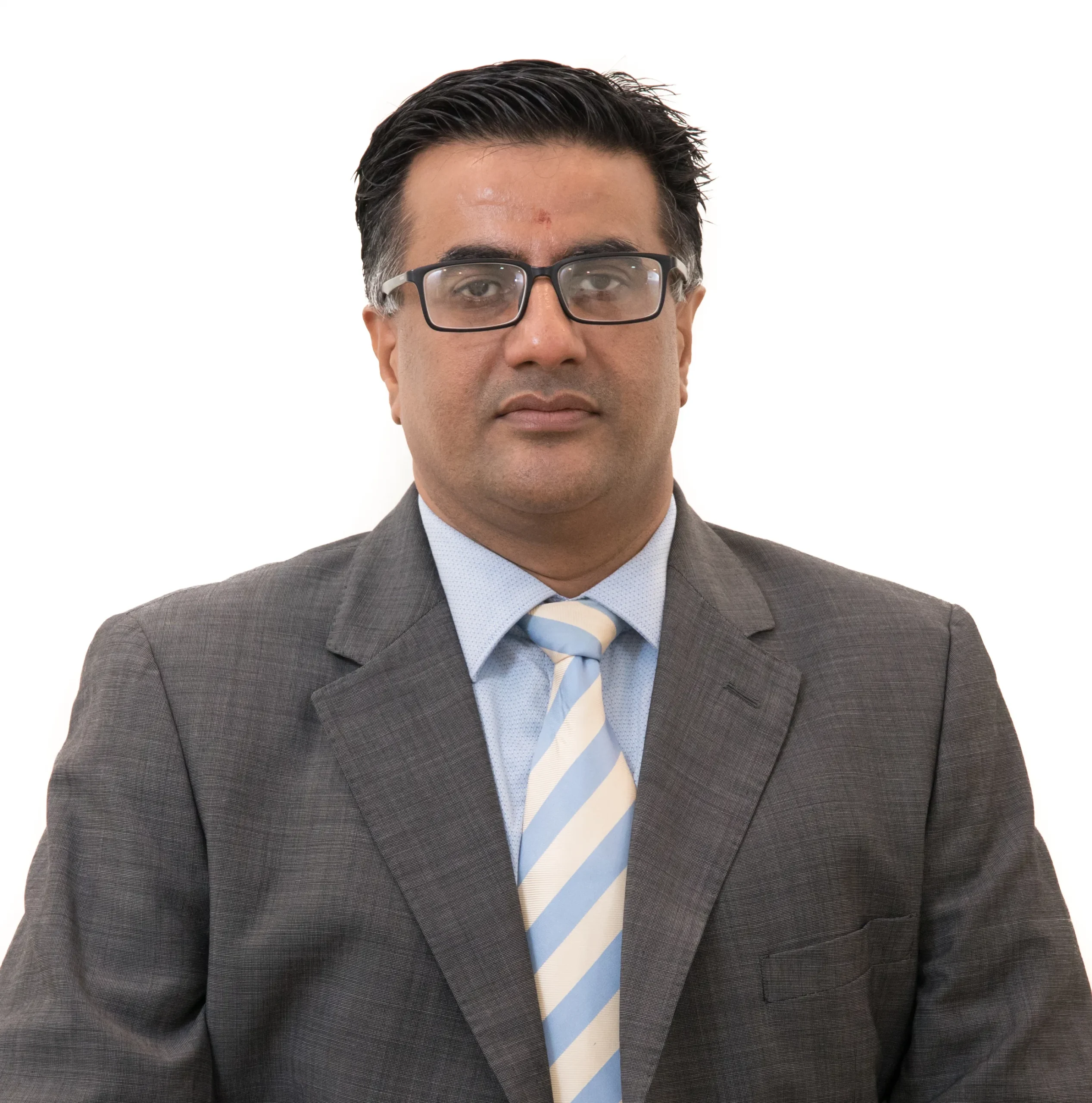
The world is at the mid-point of the ‘decade of action’, a decade which must demonstrate via action on the ground that the SDGs are achievable and necessary to act upon urgently. As a Champion school of the United Nations Principles for Responsible Management Education initiative (UNPRME), TAPMI is committed to action along all applicable dimensions of sustainability-related curriculum development, research, practice, and partnership building, as appropriate to a business school. The T A PAI Centre for Sustainability and Competitiveness (TCSC) is now designated as the hub for SDG-related activity at TAPMI and across the Manipal Academy of Higher Education (MAHE) ecosystem.
TCSC offers services across five verticals, including Executive Education and Business Consulting, Curriculum development and certification, research, thought leadership and policy support, project design, implementation & monitoring, and acts as a convening hub for an interdisciplinary community of practice of sustainability-related experts from across the MAHE system, affiliates and partners.
We look forward to engaging with businesses, civil society organizations, government bodies and officials at all levels, community organizations, cooperatives, academics, activists, innovators & inventors, and generally anyone actively interested in advocating for and actioning interventions in pursuit of achieving the SDGs.
With sincere regards,
Mattu Gulla, a type of brinjal grown in the rural areas of Udupi, Karnataka, carries a GI tag and enjoys special protection under the Geographical Indications (GI) of Goods (Registration and Protection) Act, 1999. The project aims to help improve the efficiency of the supply chain of the Mattu Gulla crop grown by the local farmers. Mattu farmers have relied on the middlemen, i.e., wholesalers, to sell their crops, which typically translates to low-profit margins for producers. This problem only intensified during the COVID-19 crisis. The Project Team worked with the local community members, especially women, to set up infrastructure for the new products and conducted one round of training for the women to make said products.

The project aimed to learn about the district’s various handloom sari weaving units, diagnose supply chain issues and decipher evolving customer preferences & purchasing behavior of the 21st-century sari buyer, especially of handwoven products. The project team supported product diversification, identifying new market opportunities, and social media promotion.
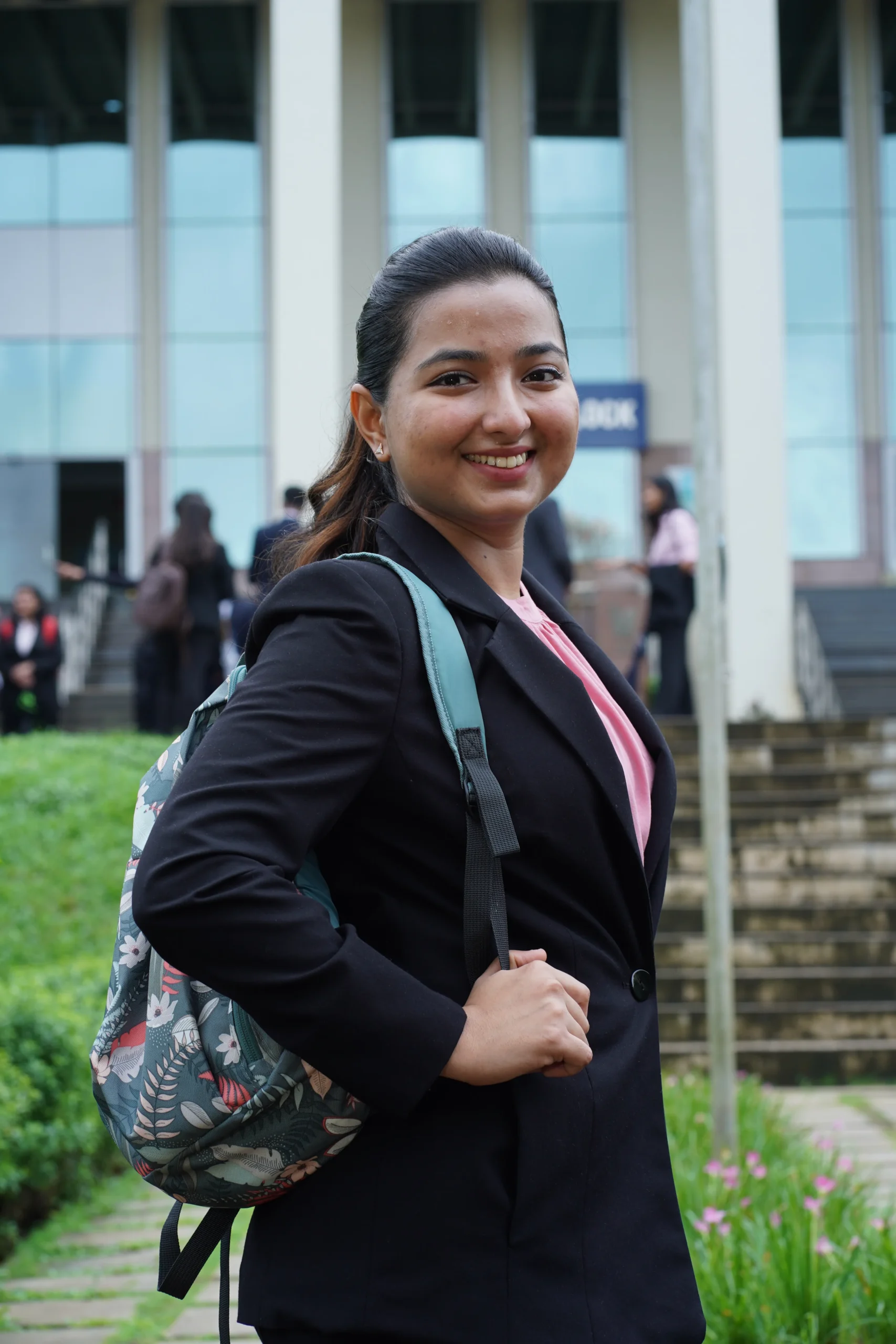
The pandemic has changed how people, especially children, live and see their future. The client – ‘The Concerned for Working Children’ (CWC), has worked with marginalized children since pre-pandemic times. The task was to help CWC analyze the impact of the COVID-19 pandemic on the lives of children. A detailed study report on the effects of the pandemic on the lives of children in rural Karnataka includes the educational, nutritional, emotional, and physical effects. The focus was on children whose immediate family members were affected by the disease and children who were dependent on government aid, which was severely impacted during this period.

This project was meant to understand the eco-gifting market in India and promote the practice of eco-gifting among businesses and households in Manipal through the client’s store, “CraftsMantra,” using its upcoming online and current offline presence. The research resulted in CRM Strategies, product variations for different market segments, and consequent pricing strategies. The team supported identifying new market opportunities and promoting the store and its products on social media.

India has ten blue flag beaches, two of which are in Karnataka. The team was tasked with analyzing the Padubidri Beach conservation and protection mechanisms and identifying gaps in them to aid beach management in closing these gaps and meeting the criteria laid down by the Blue Flag Beach Program. Further, the students worked on a first aid training program for the residents around the beach and local micro-entrepreneurs to further safety preparedness. The team prepared a report on conservation activities in the Blue Flag Beach area, creating a handbook on medical preparedness and first aid for first responders.

TAPMI’s campus is in the biodiverse Western Ghats of South India and is designed to minimize its environmental footprint through several sustainable practices:

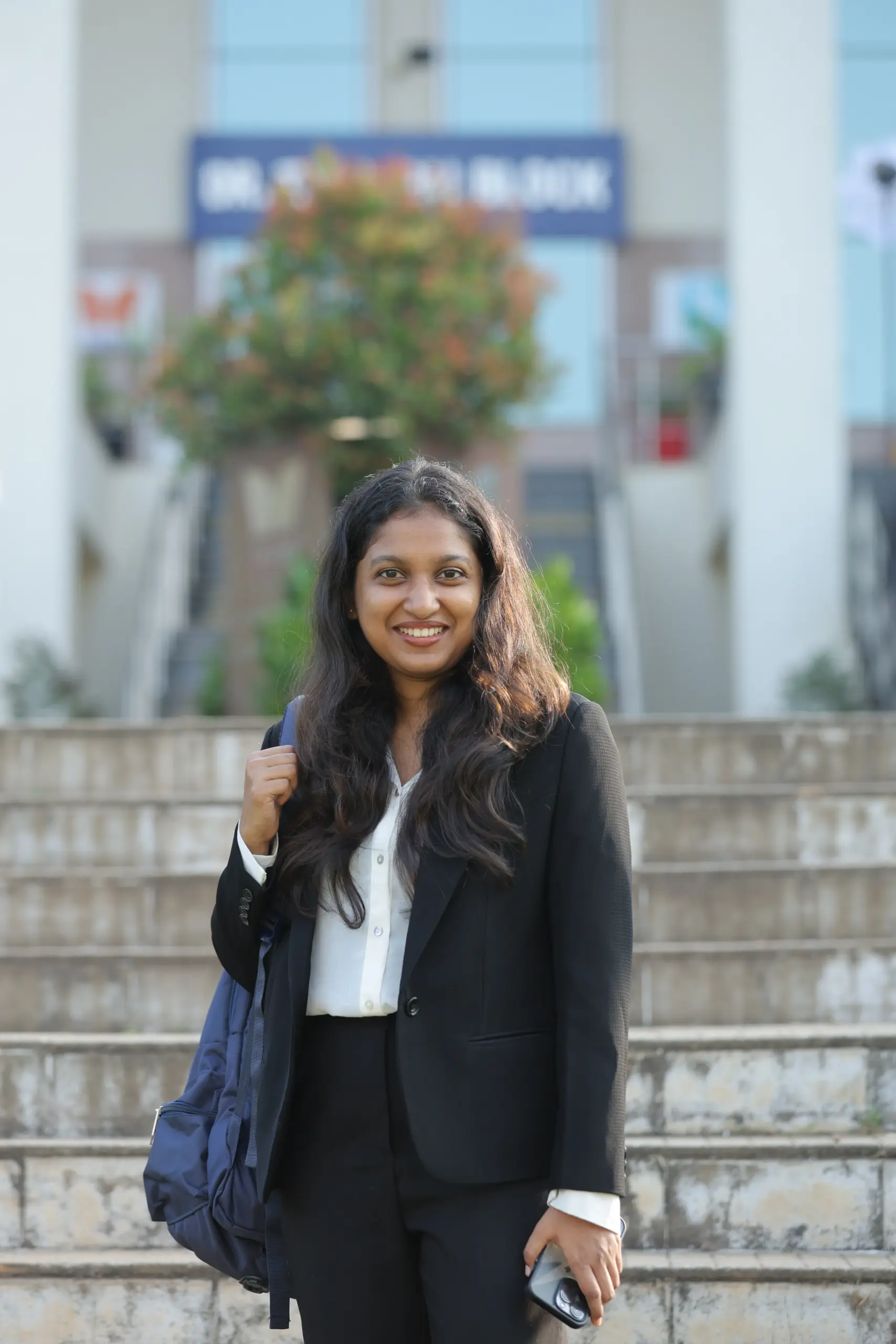
TAPMI fosters sustainability not just locally but also through strategic partnerships with prestigious organizations:
Global Collaboration:
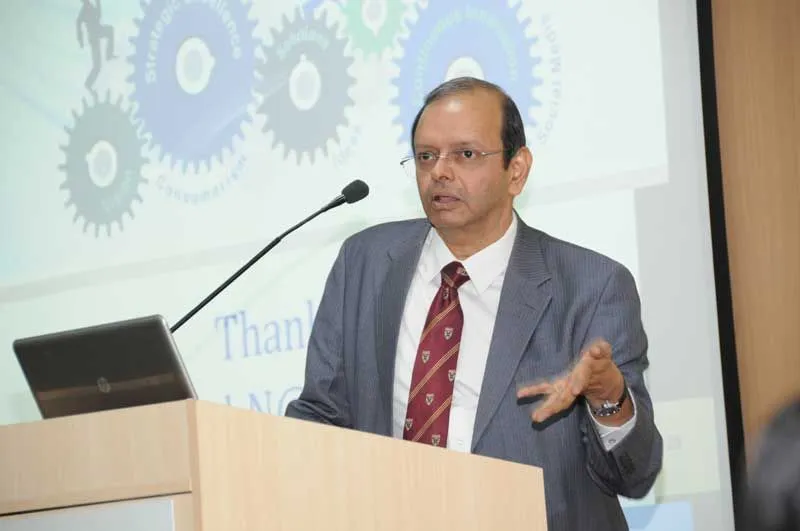
National Collaboration:
Our partners come across various spectrums including educational institutions, non-governmental organisations, entrepreneurs, businesses and individuals. Given below is a representation of the types of partners that we work with –
TAPMI PARTNER BY TYPE | TAPMI PARTNERS BY NAME |
NON-GOVERNMENTAL ORGANISATIONS | Organisations working with rural artisans such as Kadike Trust and C E Kamath Institute of Artisans (CEKIA) Organisations working with persons with disabilities such as ASARE, MANASA Rehabilitation Trust Organisations working with rural youth and women such as Bharatiya Vikas Trust and Shri Kshethra Dharmasthala Rural Development Program (SKDRDP) and Transform Rural India Foundation (TRIF) Organizations working on animal welfare and animal rights |
EDUCATIONAL INSTITUTIONS | Incubation institutions such as Manipal Universal Technology and Business Incubator (MUTBI) Skill and higher education schools such as Faculty of Architecture, MAHE, Innovation Centre, MAHE and the Welcome Group of Hotel Administration, Local government and primary schools |
LOCAL GOVERNMENT Aligned with SDGs (1, 5, 6, 8, 10, 11) | Government departments of Tourism, Horticulture and Public Works to name a few |
ASSOCIATIONS Aligned with SDGs (1, 5, 8, 9, 10) | Farmer producer organisations such as the Mattu Gulla Farmer Organizations and milk cooperatives such as the Dakshin Kannada Milk Union Limited |
CORPORATE PARTNERS & START-UPS | Corporate partners such as BRAG, Brillio, BlackFrog Technologies, Farmazzy and AION Healthcare Systems |
LOCAL ENTREPRENEURS Aligned with SDGs (4, 5, 8, 10, 12, 13) | Entrepreneurs and individuals such as educationists, architects, bakers, craftsmen and caterers who are working towards better livelihood opportunities for the vulnerable. |
MICROFINANCE INSTITUTIONS Aligned with SDGs (5, 8, 9 10) | Institutions such as Navodaya, SKDRDP etc who are working to provide financial inclusion and services for the poor. |
Lifeskill Projects: Promotion of Sustainable Menstruation Practices in Udupi District
This sustainability initiative, led by Professors Vidya Pratap, Kartikeya Bolar, and Arunima K V in collaboration with TCSC, Manipal Foundation, Genesis Pvt. Ltd, and Manipal Dot Net, aimed to promote sustainable menstrual practices across Udupi district from March 2024 to January 2025.
Targeting students in government schools, PU colleges, and hostels, the project combined awareness sessions on menstrual hygiene and environmental impacts of disposable pads with the free distribution of reusable cloth pads. A total of 1,570 students across 23 institutions participated.
Follow-up with 1,013 students revealed high adoption rates, positive feedback, and a 76.65% reduction in disposable sanitary waste. The initiative successfully promoted sustainable menstrual health management through education, access, and behaviour change.
Lifeathon Project:
From groundbreaking research to disruptive innovation, Life-a-thon transforms ideas into impactful solutions, shaping the future of healthcare and technology. The event integrates the entire MAHE ecosystem to support faculty innovations and entrepreneurship, driving success stories.
Jointly organized by Innovation Centre, Kasturba Medical College, Manipal, Manipal Institute of Technology, Manipal and T A Pai Management Institute (TAPMI), Manipal, the event is supported by Directorate of Research, Technology Transfer Office, MUTBI, Bio incubator and the newly formed DST-MAHE Medical Instruments, Devices and Allied Services (MIDAS).
Impact and Future Goals:
TCSC will engage with its stakeholder groups through five verticals. Each vertical is planned to cater to specific needs of the stakeholder groups. The following table provides a broad summary of activities planned under each vertical.
Sustainability driven Research:
TAPMI’s professors and students are engaged in sustainability-oriented research and have been widely published in peer reviewed journals – given below Link for the publications.
TAPMI connects deeply with students, alumni, local communities, and businesses through its education, research, and corporate engagement initiatives. The institute aims to:
TCSC will engage with its stakeholder groups through five verticals. Each vertical is planned to cater to specific needs of the stakeholder groups. The following table provides a broad summary of activities planned under each vertical.
Vertical | Activity |
EEP & Consulting | Executive Education Programs (EEP) |
Sustainability Strategy and Implementation | |
ESG Assessment and Assurance | |
ESG Technology Services | |
Impact Assessment | |
Innovation & Entrepreneurship | Ecosystem plug-in (MAHE) – Incubation and Acceleration |
Business Clinics | |
Grants and Investments | |
Equity | |
Research, Advocacy, & Policy | Joint Research with Partners |
Research Colloquia / Conferences | |
Policy Intervention / Advocacy | |
Grant Proposals | |
Projects & Partnerships | SEVA Projects |
PRME Engagement | |
Certification | Content development and update |
PRME Engagement | |
Business Development | |
Certification / Endorsements |
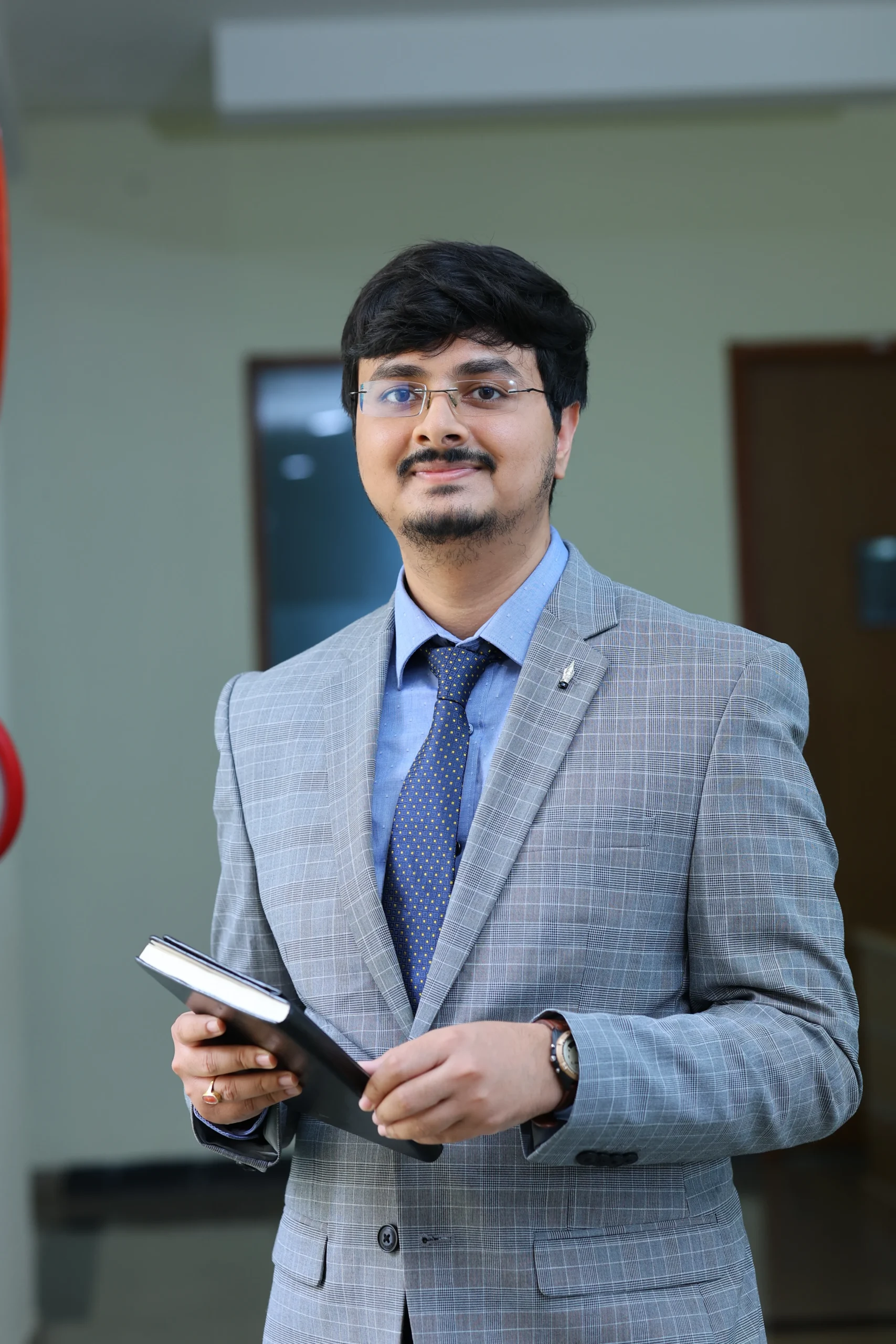
TAPMI remains committed to advancing sustainability and welcomes collaboration, feedback, and engagement opportunities. Interested individuals or organizations can connect via phone, email, or in person at the Manipal campus.
This report provides an overview of TAPMI’s multifaceted approach to sustainability, covering its curriculum, research, projects, partnerships, campus initiatives, and community services.
Connect with the Sustainability Team
Prof. Ishwar Haritas
Associate Professor, Strategy and General Management Area, TAPMI, Manipal and Chair, TCSC
Ms. Latha Takur M
Executive, TCSC
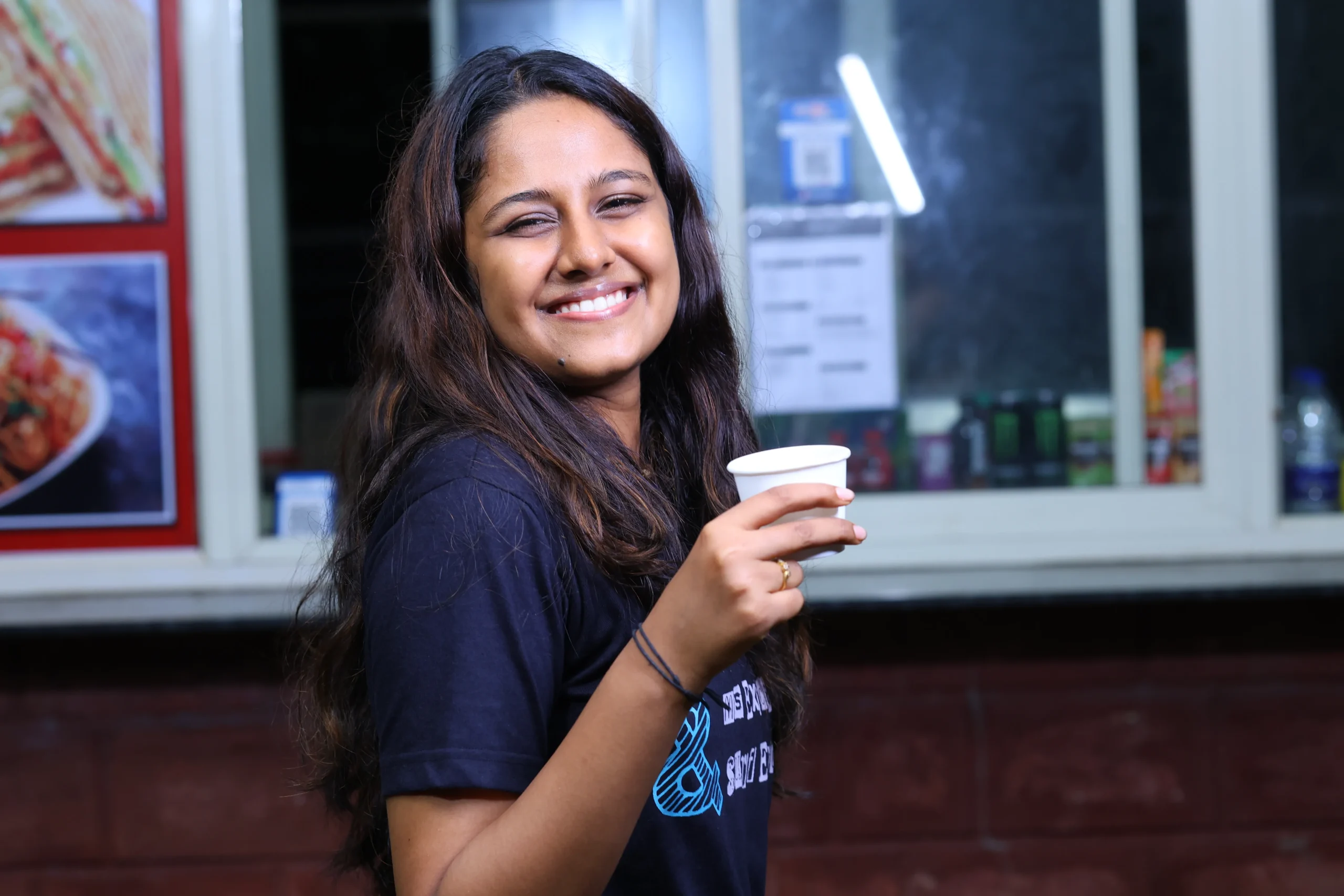
Established in 1981, TAPMI has been at the forefront of management education, shaping future leaders through academic excellence, innovation, and real-world learning. With a commitment to nurturing global wealth creators and industry-ready professionals, we continuously benchmark ourselves against the best. Guided by our core values—Excellence, Trust, Honesty, Innovation, Commitment, and Student-Centricity—we foster a culture of ethics, sustainability, and transformative learning.